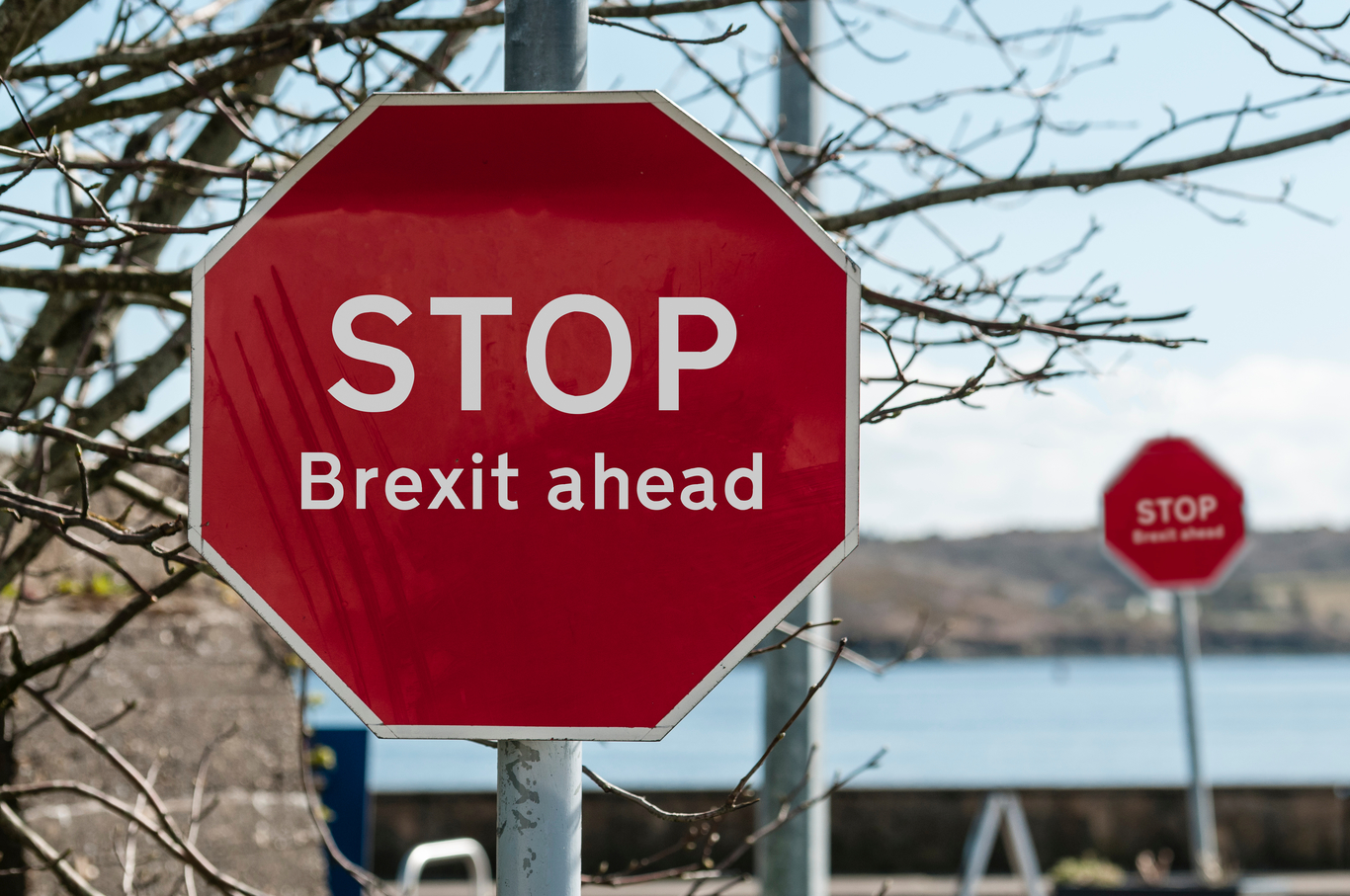The State could get a Brexit silver lining with an FDI boost, but not enough to offset the downside
Moody’s says Ireland’s economy is in good shape but faces risks with Brexit, trade wars and tax changes.
IRELAND COULD BE in line for a Brexit boost by winning foreign investment that would have otherwise gone to the UK, but not enough to offset the impact of Britain leaving the EU.
In its annual credit analysis of Ireland, financial services giant Moody’s said that Ireland is “relatively well prepared” for a no-deal Brexit despite the ongoing uncertainty. It added that Ireland is exposed to risks from Brexit, global trade wars and international tax changes.
Brexit is seen as the largest single risk to Ireland’s economic outlook over the next few years, as the probability of a no-deal exit increases.
“Given that the UK was a main recipient of Irish exports and that supply chains are deeply integrated, the Irish economy would be negatively impacted by a no-deal Brexit, with the agricultural and agribusiness sectors the most affected,” the report said.
It added that the negative trade impact will unlikely be offset by increasing foreign direct investment, as Ireland receives investment that would have otherwise gone to the UK.
“These investment gains would not compensate from an employment perspective,” according to the report.
Moody’s also pointed to shifts in global taxation rules and slowing global trade as “key risks” to Ireland’s economic performance alongside Britain leaving the EU.
“Ireland’s economic prospects are strong on account of substantial competitiveness gains, as well as robust export and productivity growth, which in turn is linked to the expanding presence of multinational corporations,” Sarah Carlson, a senior vice president at Moody’s, said.
She added that public finances have improved rapidly alongside the economic recovery, the private sector has also reduced its debt levels, and the banking sector is no longer a large contingent liability for the government.
Tax and trade wars
Moody’s points out that Ireland has an unusually high degree of economic volatility, mainly down to the country’s openness and integration into multinationals’ global value chains.
“Slowing global trade amid tensions between the US and China is another major risk for the Irish economy. The Irish economy is highly open and would therefore suffer heavily from a sharper-than-anticipated slowdown in global trade,” the report said.
Moody’s added that Ireland is also exposed to shifts in US and global policy.
“While the US corporate tax reform passed at the end of 2017 has not substantially affected the incentives for US corporations to establish their operations in Ireland, and has mostly resulted in a sharp spike in profit repatriation to the US in 2018, any shift in behaviour by US companies would be highly negative for Ireland,” it added.
Tax harmonisation efforts at the OECD level are also a risk, as the global organisation pushes ahead with its Base Erosion and Profit Shifting (BEPS) 2.0 programme, which aims to address challenges surrounding the taxation of the digital economy.
Get our Daily Briefing with the morning’s most important headlines for innovative Irish businesses.






